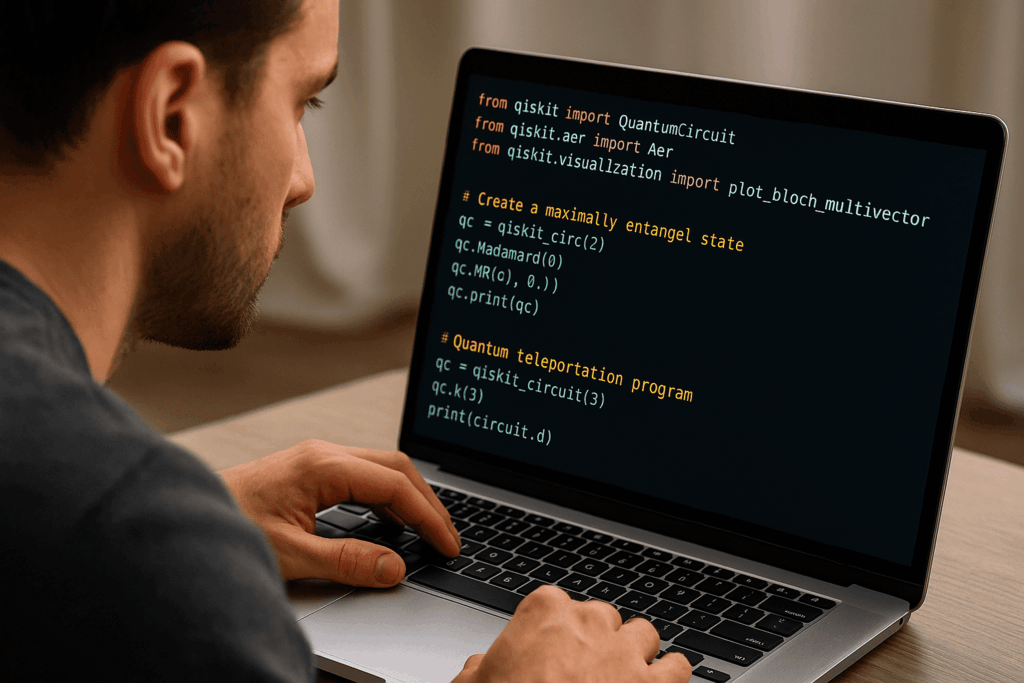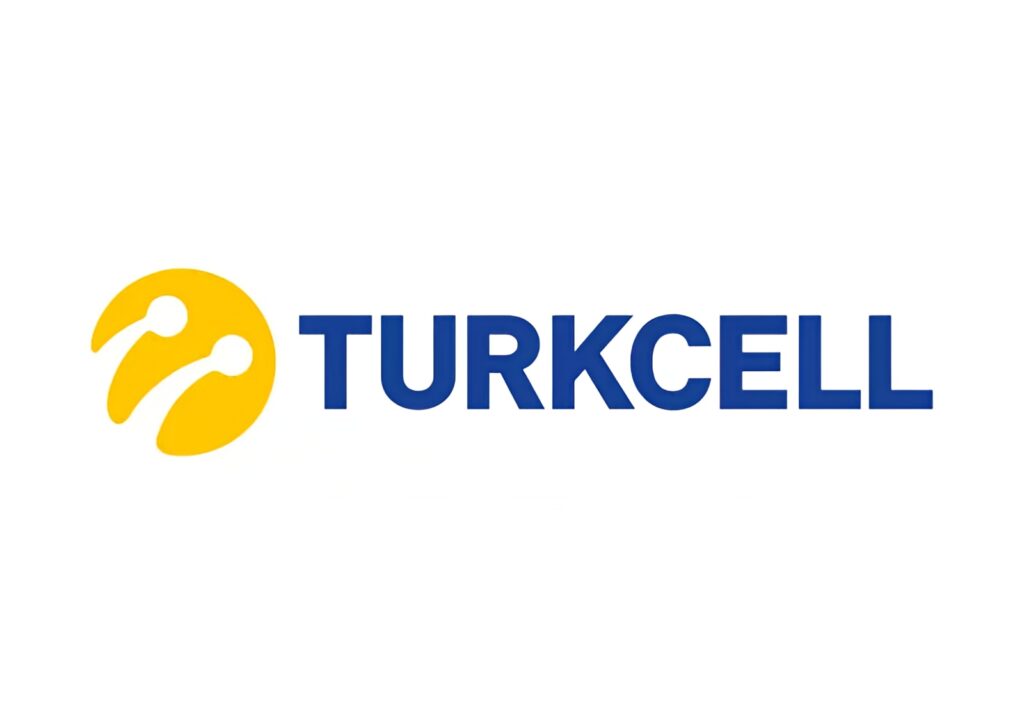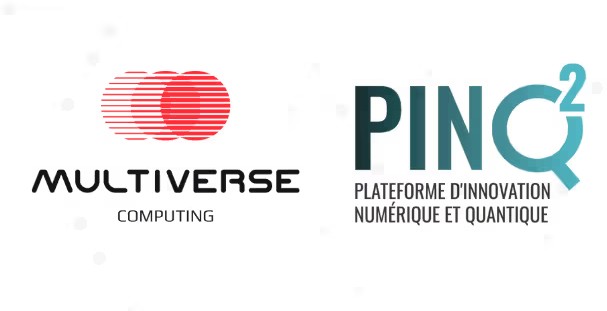Insider Brief
- Rensselaer Polytechnic Institute (RPI) and IBM officially unveiled the world’s first-ever IBM quantum computer on a university campus.
- Company and university officials said the Quantum System One will significantly enhance educational and research opportunities.
- The system at RPI was unveiled at a recent ribbon-cutting ceremony.
- Image: a photo of the utility-scale IBM Quantum System One, which was unveiled on April 5, 2024 in RPI’s Voorhees Computing Center, a former cathedral. It is the first IBM Quantum System One to be installed on a university campus. (Credit: IBM)
PRESS RELEASE — Rensselaer Polytechnic Institute (RPI) and IBM officially unveiled the world’s first-ever IBM quantum computer on a university campus. Building on RPI’s bicentennial celebration of 200 years of firsts, IBM Quantum System One will significantly enhance educational and research opportunities for the university, as well as with other academic institutions and organizations across the New York region that wish to partner with RPI. Faculty, researchers, students, and collaborators accessing the system will aim to advance quantum computing research, including the search for quantum algorithms that could lead to quantum advantage, while also actively building the next generation of the quantum workforce alongside IBM.
The system at RPI was unveiled today at a ribbon-cutting ceremony featuring remarks from RPI President Marty A. Schmidt ’81, Ph.D.; IBM Chairman and CEO Arvind Krishna; Congressman Paul Tonko (NY 20); President of the University at Albany Havidán Rodríguez; Vice Chair of RPI Board of Trustees Curtis R. Priem ’82; Board of Trustees Chair John E. Kelly, III ’78G, ’80Ph.D., D.H.L. (Hon.); and RPI Quantum Computing Club Co-President Michael Papadopoulos.
Located in the university’s historic Voorhees Computing Center Chapel, the IBM Quantum System One, along with endowed faculty positions, is the focal point of the Curtis R. Priem Constellation. The constellation, made possible with the philanthropic support of Curtis R. Priem ’82, vice chair of RPI’s Board of Trustees, will enable collaborative quantum computing research at RPI.

“Standing at the forefront of quantum computing as the first university to host an IBM Quantum System One is a fitting celebration of RPI’s pioneering legacy in our bicentennial year,” said RPI President Marty A. Schmidt. “With trustee Curtis Priem’s support and our enduring partnership with IBM, we’ll utilize advanced computing for global problem-solving and train future quantum professionals, aiming to establish the Capital Region as a hub for quantum innovation – our own ‘Quantum Valley’. Our students are eager to explore quantum computing’s applications in addressing our toughest challenges and I’m excited to witness the creativity of both our students and faculty researchers as they unlock quantum’s potential to shape a better future.”
“IBM is proud to build on our partnership with RPI. Together, we can unlock new frontiers in quantum research, science, and engineering,” said Arvind Krishna, Chairman and CEO, IBM. “This collaboration will help explore some of the world’s most complex problems and train the next generation of quantum experts.”
The new IBM Quantum System One at RPI is powered by a 127-qubit IBM Quantum ‘Eagle’ processor, to offer RPI’s network of researchers, students and partners dedicated access to a utility-scale quantum computer. In 2023, IBM demonstrated the ability of IBM Eagle to produce accurate calculations beyond classical, brute-force simulation methods. Known as quantum utility, this signaled the start of an era in which quantum systems can serve as scientific tools to explore problems in chemistry, physics, materials, and other fields in the search for quantum advantage: the point at which a quantum computer can solve a problem better than any known classical method.
The system now online at RPI is joining IBM’s global fleet of utility-scale quantum computers available via the cloud and at dedicated client sites, including systems in the United States, Canada, Germany and Japan, and installations in progress in South Korea and Spain. As quantum computing hardware and software continues to advance, RPI’s world-class academic body of students, researchers, and faculty will progress the global race to discover increasingly complex quantum.
“For the first time in history, an entirely new branch of computing is being developed with quantum technology. This is not something we can do alone,” said Dario Gil, IBM Senior Vice President and Director of Research, and RPI board member. “It is fundamental that IBM works with our global ecosystem of partners, including world-renowned universities and research institutions such as RPI, to discover and map new algorithms to the most difficult challenges that quantum computers can solve. We will do this by fostering a quantum workforce of the future and ensuring that the next generation is equipped with the skills to use these systems to their fullest potential.”
RPI and IBM have a long-standing and storied history of collaboration to advance technology. This includes RPI’s current housing of the Artificial Intelligence Multiprocessing Optimized System (AiMOS). AiMOS is presently the most powerful classical supercomputer at a private university in the United States and is equipped with POWER9 CPU and NVIDIA GPU technology to enable users to explore new AI applications.
“As an RPI graduate and a trustee deeply invested in RPI’s mission and future, partnering with IBM to introduce quantum computing on our campus was a natural step forward,” said Curtis R. Priem, RPI Class of 1982 and vice chair of the RPI Board of Trustees. “RPI’s commitment to providing students with access to cutting-edge tools and ubiquitous computing is paramount, and integrating an IBM Quantum System One helps ensure we’re doing are part to develop tomorrow’s quantum workforce.”
“Unveiling the IBM Quantum System One during RPI’s bicentennial year is a fitting statement about our commitment to technological leadership and innovation during the university’s third century,” said John Kelly, RPI Class of 1978. “The RPI community looks forward to seeing how our faculty, students, partners will work together to explore quantum computing’s applications in health, pharmaceuticals, sustainability, artificial intelligence, national security, and more.”
As the first university in the world to house an IBM Quantum System One on its campus, RPI has a unique opportunity to develop new quantum curriculum and educational programs aimed at upskilling the quantum workforce. As IBM and RPI build initiatives to prepare the future talent base of technology workers, the organizations expect their joint learnings to influence global workforce development and skills-building programs.
“As a proud representative of New York’s Capital Region, I am thrilled to see RPI and IBM unveil the world’s first-ever IBM Quantum System One on a university campus right here in Troy,” said Congressman Paul Tonko (NY 20). “This groundbreaking collaboration will not only provide opportunities to accelerate quantum computing research and train the next generation of the computing workforce, it will also reinforce our region’s status as a global hub for the advancement of cutting-edge technologies. Through initiatives like the CHIPS and Science Act and partnerships like this one, we are paving the way for a future of innovation and high-tech manufacturing here in our Capital Region — ensuring our communities remain at the forefront of technological advancement.”
Since planning for the installation of IBM Quantum System One began in June of 2023, RPI has hosted IBM researchers on its campus for introductory lectures and presentations to help students build a foundational understanding of the opportunities in quantum computing. Now, dedicated access to leading quantum hardware and software, powerful supercomputing resources, and educational and technical support from IBM will help educate and shape the technology workforce as students develop skills across quantum and classical computing paradigms — critical to accelerating New York’s continued growth as a leader in next-generation computing.
If you found this article to be informative, you can explore more current quantum news here, exclusives, interviews, and podcasts.

















